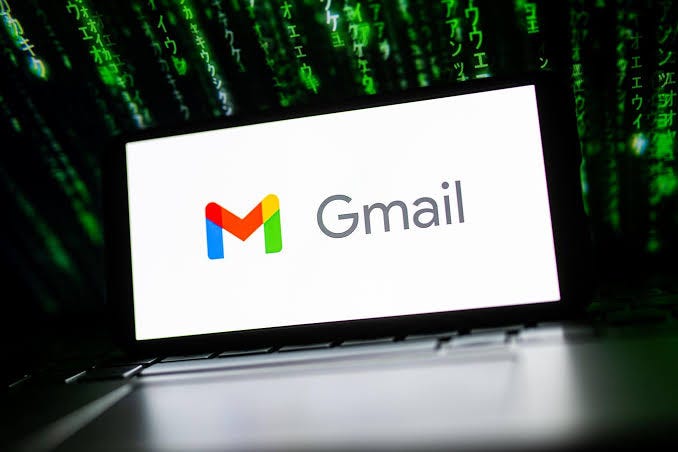Massive Breach Hits Google Services
Google, the world’s largest technology company, has suffered a significant cyberattack that potentially affected up to 2.5 billion Gmail users worldwide.
The breach occurred between August 8 and August 18, when hackers exploited compromised OAuth tokens—digital keys used to verify login credentials—granting them unauthorized access to a wide range of accounts.
While Gmail was the primary target, the attack extended beyond personal accounts. According to Google’s Threat Intelligence Group (GTIG), the hackers also infiltrated the database of Salesforce, a widely used corporate platform, raising concerns about the scale and depth of the breach.
Hacker Group UNC6395 Identified
Investigators have linked the attack to UNC6395, a well-known hacking collective previously associated with targeting enterprise tools such as Salesforce and Salesloft Drift.
Reports suggest the group used weak or stolen tokens from third-party applications to gain access. By exploiting these tokens, they managed not only to compromise Gmail accounts but also to undermine the security of major commercial platforms.
Cybersecurity experts warn that such attacks highlight the vulnerability of cloud-based ecosystems, where a single point of weakness in one application can expose millions of users across multiple services.
Google Responds with Urgent Security Guidance
Although Google says it was able to halt the breach at the enterprise level, the company has issued urgent warnings for individual users worldwide.
In a detailed advisory, Google urged all Gmail users to take immediate precautions:
-
Complete a full Google Security Check-Up
-
Use strong, unique passwords that combine letters, numbers, and symbols
-
Enable two-factor authentication (2FA)
-
Log out of any unrecognized or suspicious devices
-
Revoke access for unfamiliar third-party apps
-
Regularly review recent account activity
-
Avoid clicking on suspicious links or attachments
The company emphasized that implementing these measures can dramatically reduce the risk of future cyberattacks.
Rising Wave of Global Cyber Threats
This breach comes at a time when cybercrime is rapidly escalating worldwide. According to cybersecurity analysts, an estimated 16 billion sets of login credentials are currently circulating on underground hacker networks.
In recent months, several multinational firms have reported being targeted by sophisticated campaigns exploiting stolen tokens and weak authentication systems. Experts argue that the attack on Google illustrates how threat actors are becoming more organized and resourceful, often combining social engineering with technical exploits.
Governments and private companies alike are now under pressure to invest more in digital defenses, especially as the global shift to remote work and cloud services expands the attack surface for hackers.
What This Means for Users
For everyday Gmail users, the breach underscores the need for constant vigilance. While Google has reassured customers that its systems are secure, cybersecurity professionals caution that leaked data could still circulate on the dark web for years.
Industry analysts also note that attackers may use the stolen information in phishing campaigns, identity theft, or corporate espionage. The long-term consequences may not be immediately visible, but users should remain alert to unusual login attempts or suspicious emails.
Conclusion
The latest attack on Google is one of the most far-reaching cyber incidents of 2025, both in terms of scale and impact. By targeting not only personal Gmail accounts but also corporate platforms like Salesforce, hackers have demonstrated how deeply interconnected—and vulnerable—today’s digital systems have become.
For billions of users worldwide, the message is clear: cybersecurity is no longer optional. Taking simple protective steps now could prevent devastating breaches in the future.















